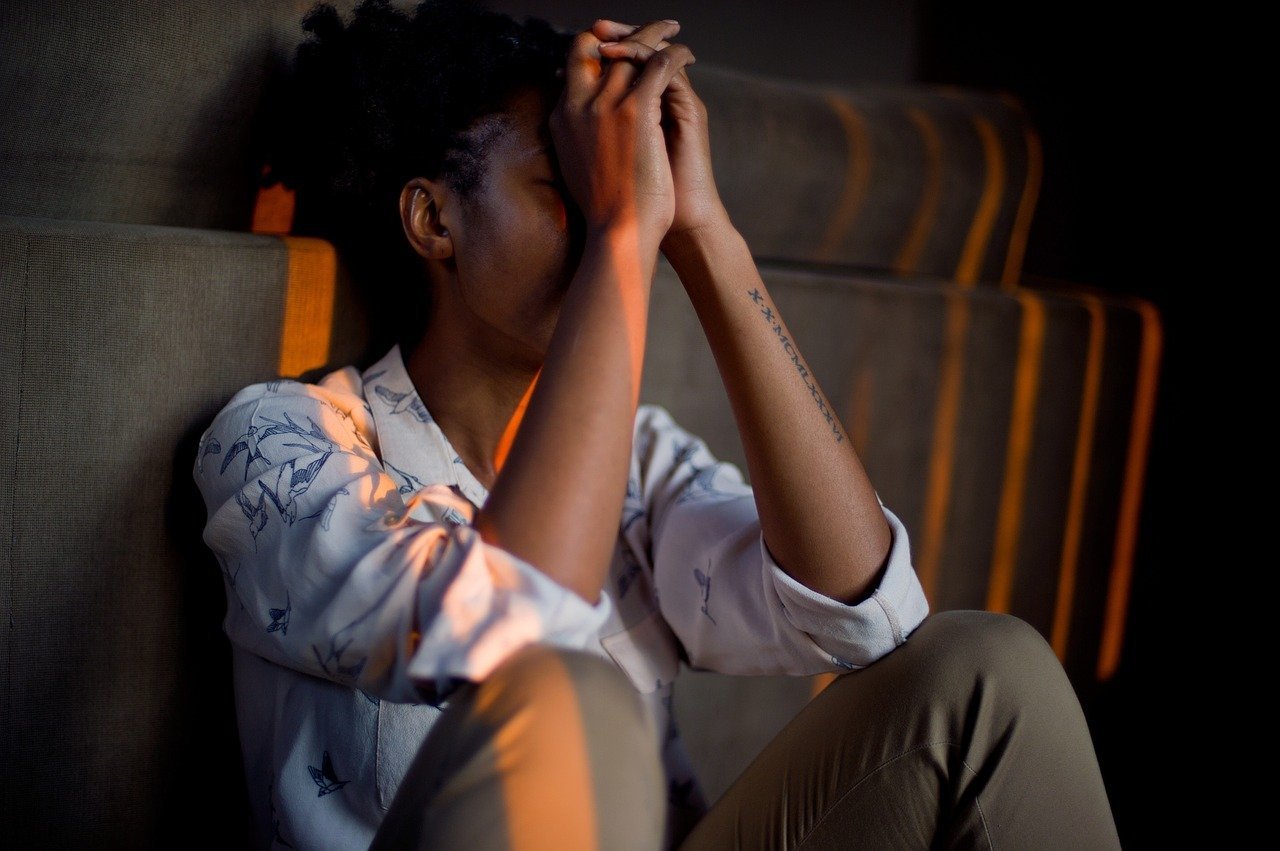Anxiety is one of the most common mental health challenges, affecting millions of people worldwide. While feeling anxious occasionally is a natural response to stress, persistent or overwhelming anxiety can interfere with daily life. In this article, we delve into the symptoms, causes, and available treatments for anxiety, offering a roadmap to better understanding and management.
What Is Anxiety?
Anxiety is a complex emotional and physical response to a perceived threat or danger. It involves a combination of feelings, such as worry or fear, and physiological changes, like increased heart rate or sweating. While anxiety can be a normal and even helpful reaction in certain situations, chronic anxiety may indicate an anxiety disorder that requires attention.
Common Symptoms of Anxiety
Anxiety manifests differently for everyone, but some common symptoms include:
- Excessive worry or fear that is difficult to control
- Restlessness or feeling on edge
- Fatigue, even after adequate sleep
- Difficulty concentrating or a blank mind
- Irritability
- Muscle tension or aches
- Sleep disturbances, such as difficulty falling asleep or staying asleep
- Physical symptoms like sweating, rapid heartbeat, dizziness, or gastrointestinal distress
If you or someone you know experiences these symptoms for an extended period, it’s essential to seek professional support.
Causes of Anxiety
The causes of anxiety are multifaceted and can vary from person to person. Common contributing factors include:
- Biological Factors: Genetics and brain chemistry can play a significant role. For example, an imbalance in neurotransmitters like serotonin can contribute to anxiety.
- Environmental Stressors: Traumatic events, ongoing stress at work or home, or significant life changes can trigger anxiety.
- Personality Traits: Certain personality types, such as those with perfectionistic tendencies, may be more prone to anxiety.
- Medical Conditions: Health issues, such as thyroid disorders or chronic illnesses, can also lead to anxiety symptoms.
Effective Treatment Options for Anxiety
Thankfully, anxiety is highly treatable with the right approach. Here are some evidence-based treatments:
1. Therapies
- Cognitive Behavioral Therapy (CBT): This is one of the most effective treatments for anxiety. It helps individuals identify and challenge negative thought patterns and develop healthier coping mechanisms.
- Eye Movement Desensitization and Reprocessing (EMDR): Especially helpful for anxiety rooted in trauma, EMDR helps reprocess distressing memories.
2. Medications
- Selective Serotonin Reuptake Inhibitors (SSRIs): Medications like sertraline and fluoxetine can help balance neurotransmitters.
- Benzodiazepines: These are short-term solutions for severe anxiety but should be used cautiously due to the risk of dependency.
3. Lifestyle Modifications
- Exercise: Regular physical activity can reduce stress and improve mood.
- Mindfulness and Meditation: Techniques like deep breathing and meditation can help calm the mind.
- Nutrition: A balanced diet supports brain health and can mitigate anxiety symptoms.
4. Alternative Therapies
- Biofeedback: Learn to control bodily functions, such as heart rate and muscle tension, to reduce anxiety.
- Reiki and Integrative Sound Therapy: These therapies promote relaxation and nervous system regulation.
For more information on the science behind anxiety and treatments, visit Anxiety and Depression Association of America (ADAA).
Take the First Step Toward Relief
If you’re struggling with anxiety, know that help is available. At our clinic, we offer personalized, integrative therapies tailored to your unique needs. Book an appointment with one of our experienced professionals today to begin your journey toward emotional and physical wellness.
Anxiety doesn’t have to control your life. With the right support and strategies, you can regain your sense of balance and confidence.

